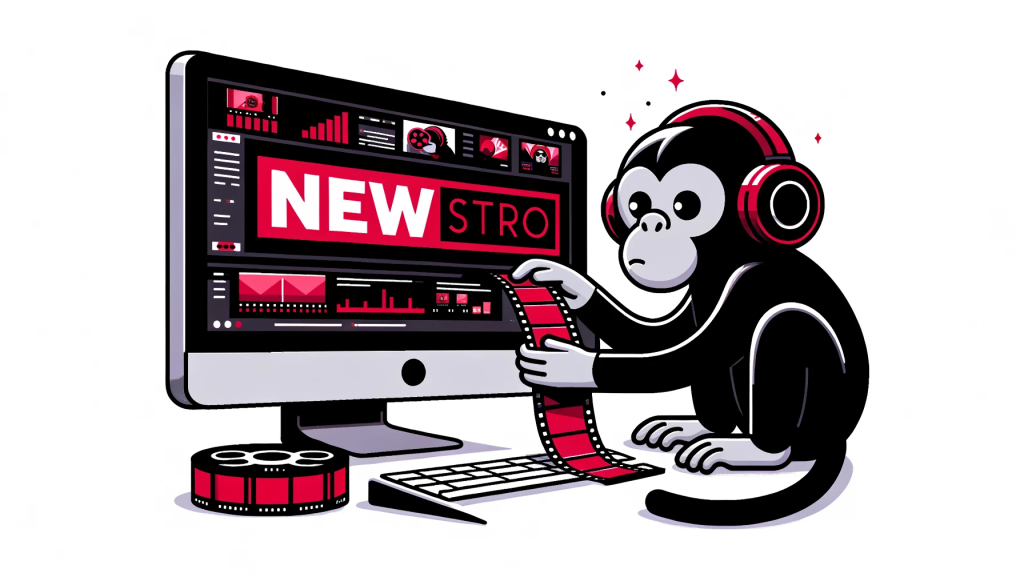In a surprising career shift, former CNN boss Jeff Zucker is now leading a bid to acquire and globally expand U.K.’s esteemed publications, the Telegraph and the Spectator, aiming to transform them into digital powerhouses.
Quick Facts
- Zucker’s Investment Strategy: Spearheading an investment group, Zucker has emerged as the prime candidate to purchase two historic British media outlets, the Telegraph and the Spectator, with plans to digitalize and internationalize them.
- Global Expansion Plans: Drawing inspiration from the New York Times’s digital success, Zucker intends to turn the Telegraph into a global brand with enhanced digital and multimedia capabilities, including a dedicated U.S. reporting team.
- Editorial Independence Concerns: Amidst scrutiny over foreign investment, particularly from Abu Dhabi, the U.K. government has launched an investigation to ensure the deal doesn’t compromise media competition and the publications’ editorial integrity.
Zucker, a renowned figure in American television, is venturing into new territory with his latest endeavor. His vision is to reshape the Telegraph into a worldwide digital brand. This strategy includes the establishment of a U.S.-based team of journalists to cover American and global news, thereby expanding the Telegraph’s reach and influence. The move is consistent with the trend of British publications building a significant presence in the U.S., a market that has already seen the successful expansion of other British titles like the Daily Mail and the Guardian.
Zucker’s career pivot to a British media mogul at 58 is seen as an unexpected turn. His past roles as a TV executive and Hollywood figure have predominantly shaped his professional narrative. However, his expertise in broadcast journalism is expected to play a crucial role in expanding the Telegraph’s video and audio offerings. This move is in line with the global digital footprint strategy that many prominent publications are now adopting. Zucker’s approach is also expected to leverage multimedia capabilities to attract a broader audience and compete in the evolving digital media landscape.
Concerns have been raised regarding the potential influence of foreign ownership on these iconic British publications. The U.K. government’s probe into the deal reflects these apprehensions, focusing on the implications for media competition and editorial independence. Zucker’s leadership will be under scrutiny, especially considering the international dynamics and capital involved in the acquisition. This situation highlights the delicate balance between business expansion and maintaining journalistic integrity in the media industry.
| For Further Reading |
Digital Media Expansion: The transformation of traditional print media to digital platforms has become a critical aspect of modern journalism. This transition involves not only changing the medium of delivery but also adapting content and business models to suit digital consumption patterns. Major publications worldwide are focusing on digital expansion to broaden their reach and stay relevant in the ever-evolving media landscape. For more details, visit Wikipedia – Digital Media. |
|---|
Q&A
What is the significance of Jeff Zucker’s move to acquire the Telegraph and Spectator?
Zucker’s bid to acquire these publications represents a significant shift in media dynamics, indicating the growing importance of digital and global presence in the industry. It also showcases the trend of media convergence, where leaders from different sectors of the industry venture into new territories to capitalize on evolving market opportunities.
How will the U.K. government’s investigation impact the acquisition?
The government’s scrutiny is likely to ensure that the deal does not compromise the editorial independence of the publications and maintains healthy media competition. This could lead to certain regulatory measures or conditions being imposed on the acquisition process.
Original article source: The Wall Street Journal
Further Insights into Jeff Zucker’s Strategic Media Endeavors
Jeff Zucker, the seasoned media executive and former CNN boss, is now steering towards a new challenge in the British media landscape. His vision focuses on acquiring and transforming the Telegraph and the Spectator into globally recognized digital news platforms, leveraging his extensive experience in American television and media.
Who’s Involved
- Jeff Zucker
- Tina Brown
- Rupert Murdoch
Jeff Zucker has been a prominent figure in American media, with a career spanning over three decades. Beginning his journey at NBC, Zucker quickly rose to executive positions, significantly influencing the network’s programming. At CNN, he was known for steering the network through a period of growth, particularly during the Trump presidency. Zucker’s approach often blended entertainment with news, a strategy that saw varying levels of success and criticism. His departure from CNN, following a personal controversy, marked the end of an era. His current venture into acquiring British media entities signals a strategic pivot, aiming to infuse his experience into the evolving digital news landscape.
Tina Brown, a journalist and former editor of Vanity Fair and The New Yorker, has been a transformative force in the media industry. Known for her sharp editorial skills and ability to rejuvenate publications, Brown has always had an eye for compelling storytelling and innovation. Her journey through the ranks of notable publications has been marked by significant revamps and introductions of new content styles. Brown’s insights and endorsement of Zucker’s digital strategy for the Telegraph highlight her belief in the potential of digital journalism and its impact on traditional media formats.
Rupert Murdoch, a media mogul and the chairman emeritus of News Corp, has been a defining figure in global media. His influence stretches across continents, shaping the news and entertainment industry through various outlets including newspapers, television, and digital platforms. Murdoch’s empire has been known for its conservative slant, significantly impacting media discourse and political landscapes. His interest in acquiring entities like the Telegraph and the Spectator indicates his ongoing influence and the competitive nature of media acquisitions, especially in the digital age.
| What is Next |
|
|---|


